Program Overview
The Washington University in St. Louis and Barnes-Jewish Hospital Society of Urologic Oncology Fellowship is designed to train fellows to be successful urologic oncologists by providing a broad clinical and research experience. Emphasis is placed on graded clinical responsibilities and tailoring a research program to the individual fellow’s background, interests and goals.
Barnes-Jewish Hospital is a major tertiary care facility for urologic oncology. Complex urologic oncology cases are routinely referred to our institution including post chemotherapy RPLND, renal cell carcinoma with IVC thrombus, post-radiation therapy bladder and prostate cancer cases, and locally invasive pelvic and retroperitoneal tumors. The fellow will initially assist with these complex cases. As their skill sets expand, the fellow will progress to primary surgeon and then instructor to the residents.
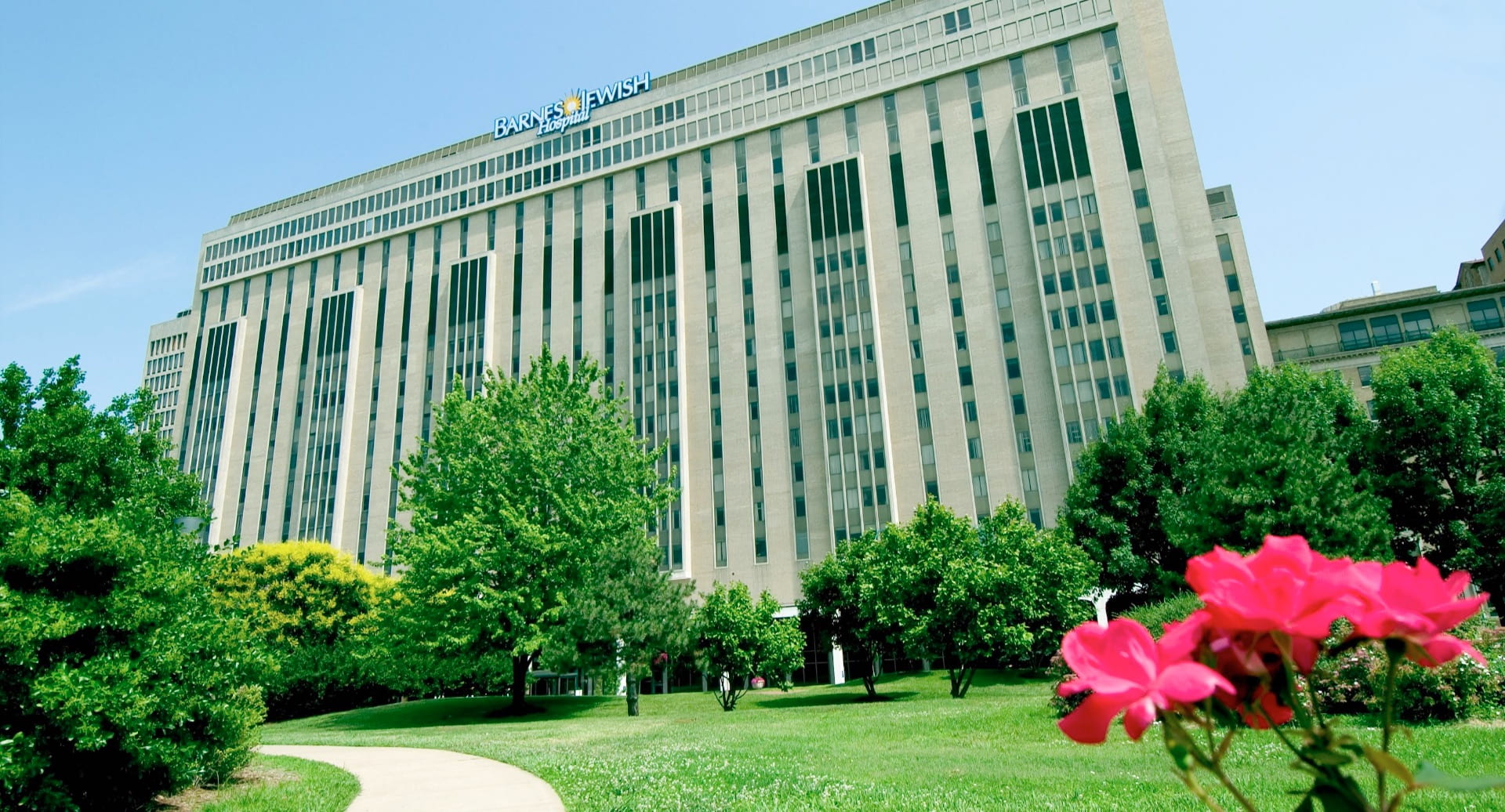
The fellow will learn the surgical approaches to a wide variety of urologic tumors through assisting urologic oncology faculty in the OR. The goals of this experience are for the fellow to learn open and minimally invasive techniques for resecting oncologic malignancies and to learn appropriate selection of patients for open, laparoscopic, robotic, endoscopic and percutaneous approaches. Additionally, we feel a primary goal of the fellowship is to have a fellow understand not just how to operate, but when to operate.
The ability to manage an academic tertiary referral practice will be gained primarily by interacting with the faculty in the outpatient clinic. However, the skills will also be gained in the OR, where operative management of referred cases will be emphasized. Additionally, experience gained through interactions with medical and radiation oncologists will allow the fellow to understand the value of collaboration in the multidisciplinary management of urologic malignancy. This happens during their rotations, but also during the routine GU tumor boards, which occur 3-4 times each month.
There will be ample opportunities for the fellow to participate in continuing medical education (CME) activities. The majority of conferences are certified for CME. The fellow will have the opportunity to attend and present research at appropriate national meetings, such as the AUA, SUO and GU ASCO annual meetings. These meetings are invaluable sources of current information and allow for the development of collaborative relationships. Additionally, the division holds several CME courses throughout the year, which fellows will have the opportunity to help plan and attend.
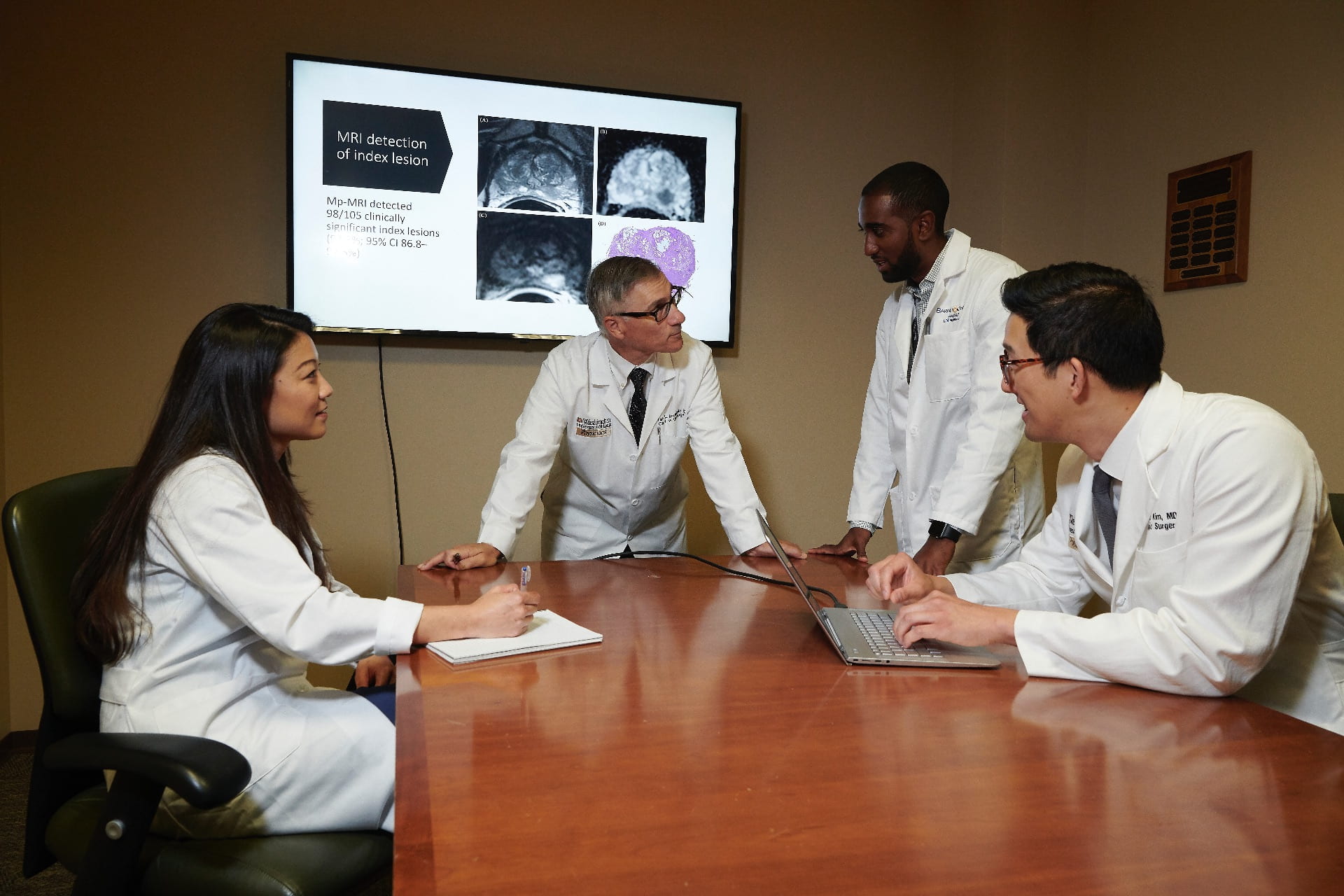
Program Breakdown
The Society of Urologic Oncology Fellowship is a two-year program comprising 12 months of clinical time and 12 months of research time. This will be split as 8 months clinical + 4 months research the first year, followed by 8 months research + 4
months clinical the second year (see below diagram for visual schematic both by year and longitudinally). In our opinion, this affords the fellow numerous benefits over a standard 12 month + 12 month schema.
- This will allow for 12 consecutive months of research time, uninterrupted by clinical
responsibilities. However, beginning with clinical time will allow the fellow to prepare for their research year, rather than spending the first few weeks or even months of their research year obtaining credentialing, developing their research ideas, building relationships/collaborations, etc. We believe much of this “red tape” can be done in the background during their clinical time to then best set them up for success during their
research year. - This places the senior fellow on research time during the abstract submission deadlines for the major conferences (SUO, GU-ASCO, AUA).
- This places the senior fellow on research time during the period when most are
interviewing for jobs, to limit their loss of clinical time. - This format allows for the fellow to finish with 4 months of clinical time in preparation for practice.

Thus, the “clinical year” will be the first 8 months of the fellowship and the last 4 months of the fellowship. The clinical fellow will be in the operating room 3-4 days per week and in the clinic 1-2 days per week, dependent on the week/month.
How to Apply
Applicants will apply through the SUO match program. This will include submission of a curriculum vitae, an essay describing their reasons for pursuing a career in urologic oncology and three letters of recommendation. Applications will be reviewed, and selected applicants will be invited for interviews. A rank list will be submitted, and selection will be performed through the SUO match program. There will be one position available each year. The program will be two years. Thus, there will be two fellows in the program at all times, one research and one clinical.
The fellow must be a board certified or board eligible urologist who will have completed an accredited residency program and is eligible for licensure in the state of Missouri.
Contact Information
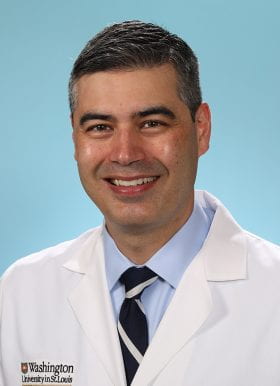
Michael H. Johnson, MD
Chief, Division of Urologic Surgery
Director, Society for Urologic Oncology Fellowship
Professor of Surgery
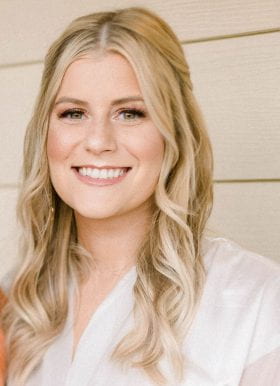
Alexis French-Parkinson
Residency and Fellowship Coordinator
- Phone: (314) 362-8033
- Fax: (314) 747-1288
- Email: alexis.french@nospam.wustl.edu
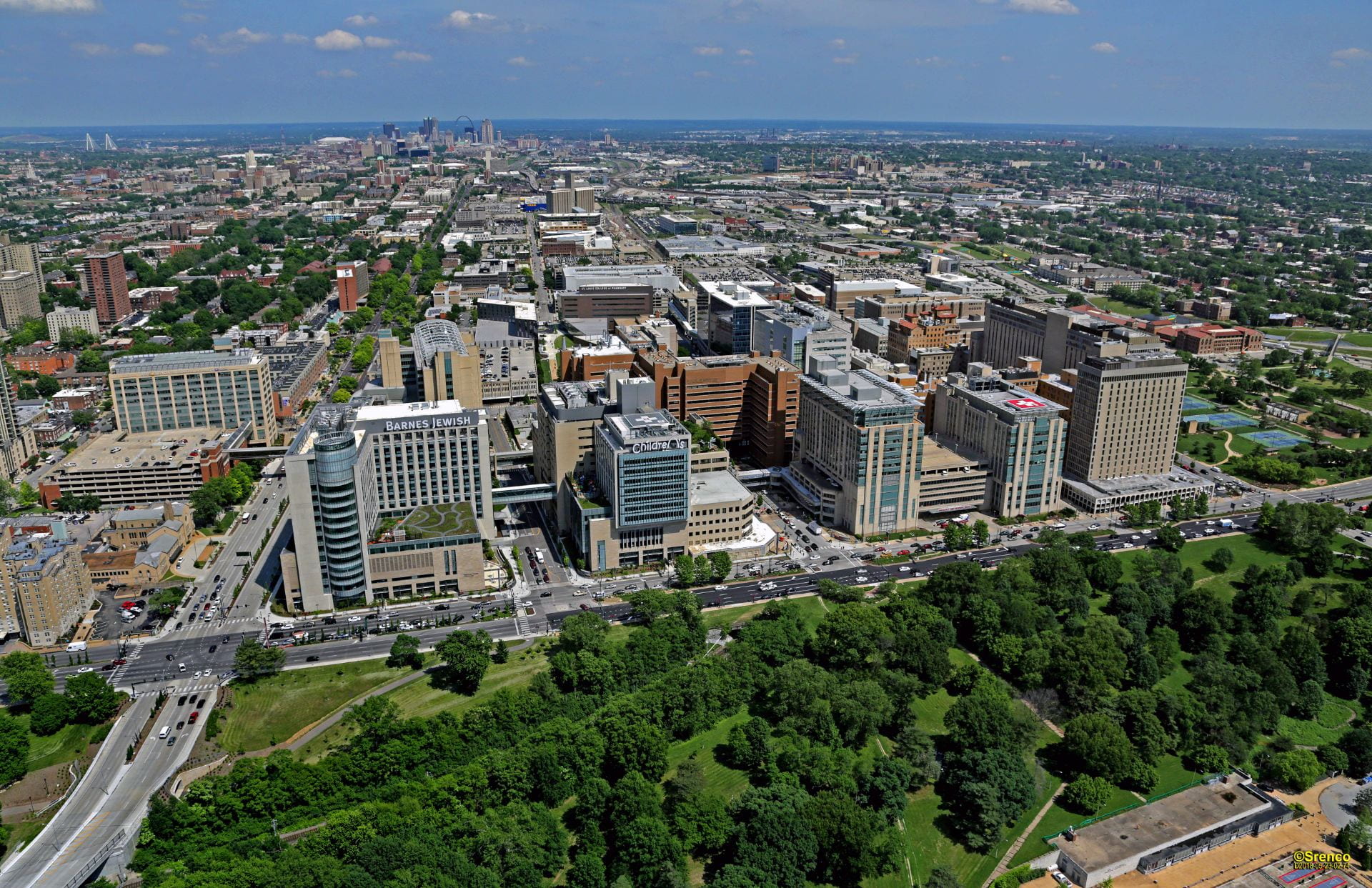
Department of Surgery Office of Surgical Education
CB8109 4590 Children’s Place
Suite 9600
St. Louis, MO 63110
Additional SUO Fellowship Research Information